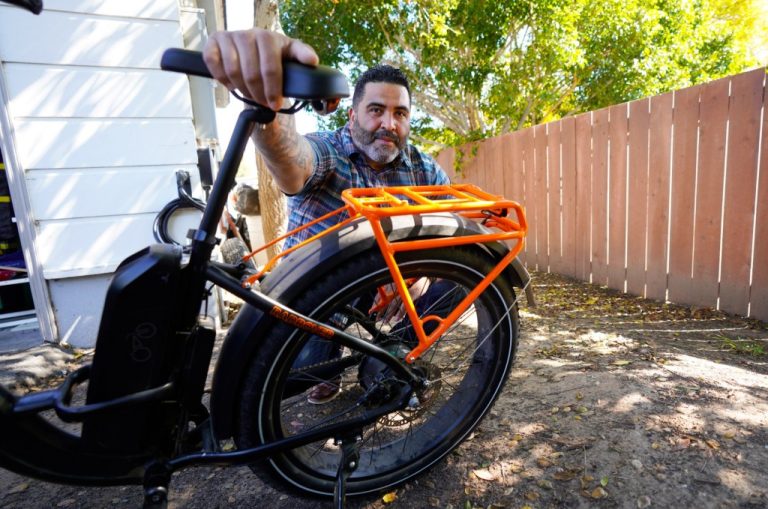
In a few weeks, state pensioners can look forward to an increase in their bank account payments. The state pension is set to rise in the 2025/26 financial year, with the uplift starting from April.
The rise is enacted on the first Monday after April 6 and is usually not confirmed until March.
This increase is due to the Government’s pension triple lock commitment, which guarantees a minimum annual uplift of 2.5%. As a result, the weekly sum for those on the new state pension will rise to a maximum of £230.
Meanwhile, individuals who retired before 2016 on the old basic pension will see their weekly amount increase to up to £176. This rise aims to provide some relief to pensioners amid soaring living costs, with inflation increasing by 3 % in the 12 months to January.
Additionally, households are preparing for rising costs, such as council tax and energy bills, which are also set to increase in April. Under the rules of the triple lock, state pensions will receive a 4.1% boost, designed to ensure that pensioners’ incomes keep pace with the highest of either inflation, wage growth, or 2.5%.
However, there is growing uncertainty about the triple lock’s sustainability, raising concerns about whether it will remain intact in the future. While Labour has announced no plans to abandon the scheme, Conservative leader Kemi Badenoch has hinted at potential changes if she is elected, reports Nottinghamshire Live.
Specialists at Spencer Churchill Claims Advice have warned: “The triple lock has been a lifeline for pensioners, making sure their income keeps up with the cost of living. But with growing pressure on public finances and an ageing population, its future is uncertain.”
They caution: “If the triple lock is reduced or scrapped, people will have to take even more responsibility for funding their own retirement.”
This is particularly worrisome for the many pensioners who rely on the state pension as their main source of income any cuts would be keenly felt.
The experts further advise: “That’s why it’s more important than ever to explore other avenues for accumulating retirement savings whether that’s through workplace pensions, private pensions, or other investments. Any increase in pensions is beneficial, but rising costs are eroding people’s purchasing power.”
They stress the urgency of the situation: “Utility bills, food, and other essentials are increasing at a faster rate than pensions. That’s why it’s crucial to have alternative income sources and ensure you’re receiving everything you’re entitled to.”







